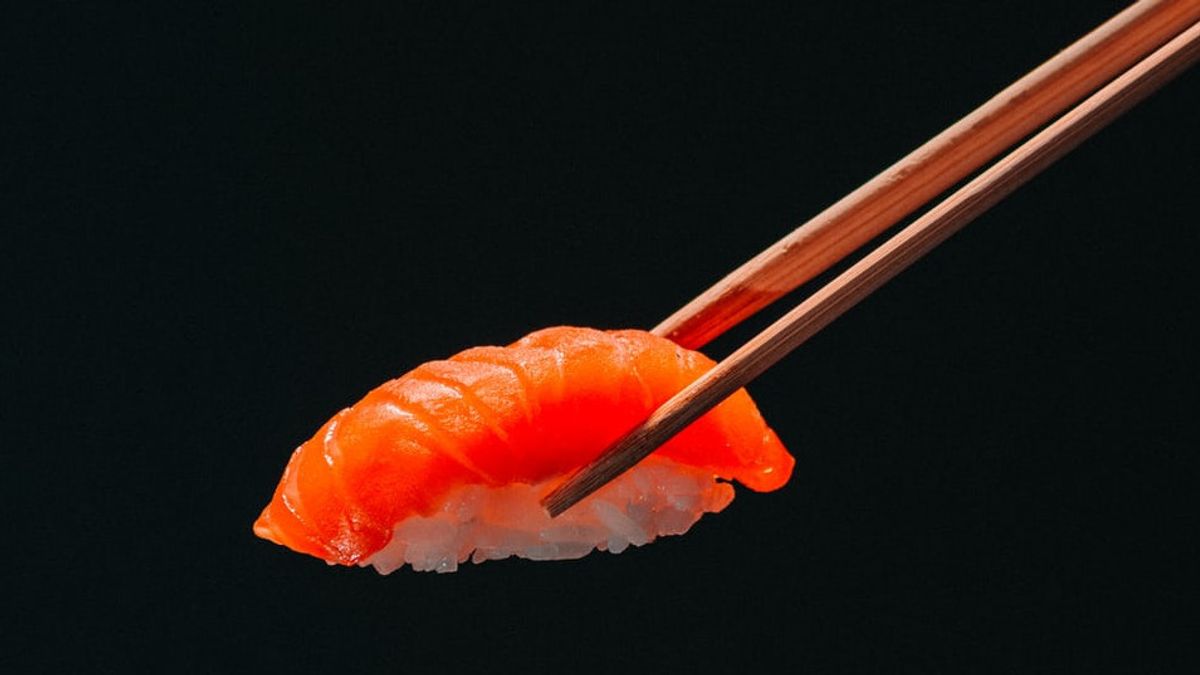JAKARTA - Japan is known for always making invincible technology, one of which is in creating electric-powered chopsticks that can create a salty taste like salt.
The chopsticks that artificially create this taste were jointly developed by researchers at Meiki University and beverage maker Kirin Holdings.
Armed with an electric current to enhance the taste, the researchers hope it can be used to help reduce the intake of sodium levels in certain foods.
The chopsticks work via a wearable computer, then are strapped to the user's wrist and connected to the chopsticks via a cable. A weak electric current then sends sodium ions into the mouth to recreate the salty taste.
"As a result, the saltiness increased 1.5 times," Meiki University professor Homei Miyashita told Reuters quoted from The Independent, Thursday, April 21.
Professor Miyashita himself is famous for his previous amazing invention, namely the TV screen that can imitate taste and can be tasted with the tongue. Now, he's forming part of a new product category that involves artificial flavor technology.
However, Miyashita was not a pioneer of this technology. In 2015, researchers at the National University of Singapore (NUS) developed a Taste+ device that delivers virtual taste sensations via electrical pulses to the tongue. A working prototype of the Taste+ cup and spoon shows how sour, bitter, and salty tastes can be produced by changing the dial.
Technology can be used to increase the sense of taste, which diminishes with age, as well as regulate the diets of people in countries where their salt intake is too high.
SEE ALSO:
A high-sodium diet can lead to health problems such as high blood pressure and stroke, with the average adult in Japan consuming twice the World Health Organization (WHO) daily recommended amount.
“To prevent this disease, we need to reduce the amount of salt we consume. If we try to avoid taking in less salt by conventional means, we need to endure the pain of cutting our favorite foods from our diets, or persisting in eating bland foods," said Kirin researcher Ai Sato.
In the future, with the aim of improving the health of people who often consume excess salt, the researchers hope to turn this prototype into a commercial product as early as next year.
The English, Chinese, Japanese, Arabic, and French versions are automatically generated by the AI. So there may still be inaccuracies in translating, please always see Indonesian as our main language. (system supported by DigitalSiber.id)















